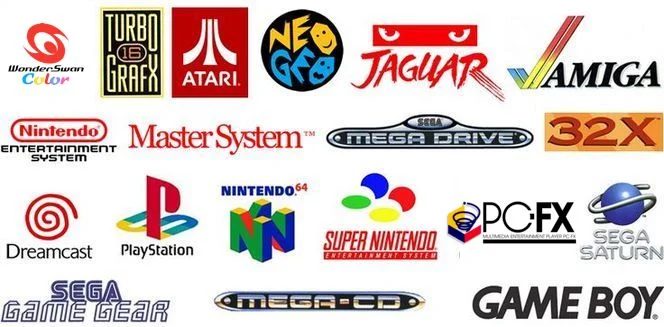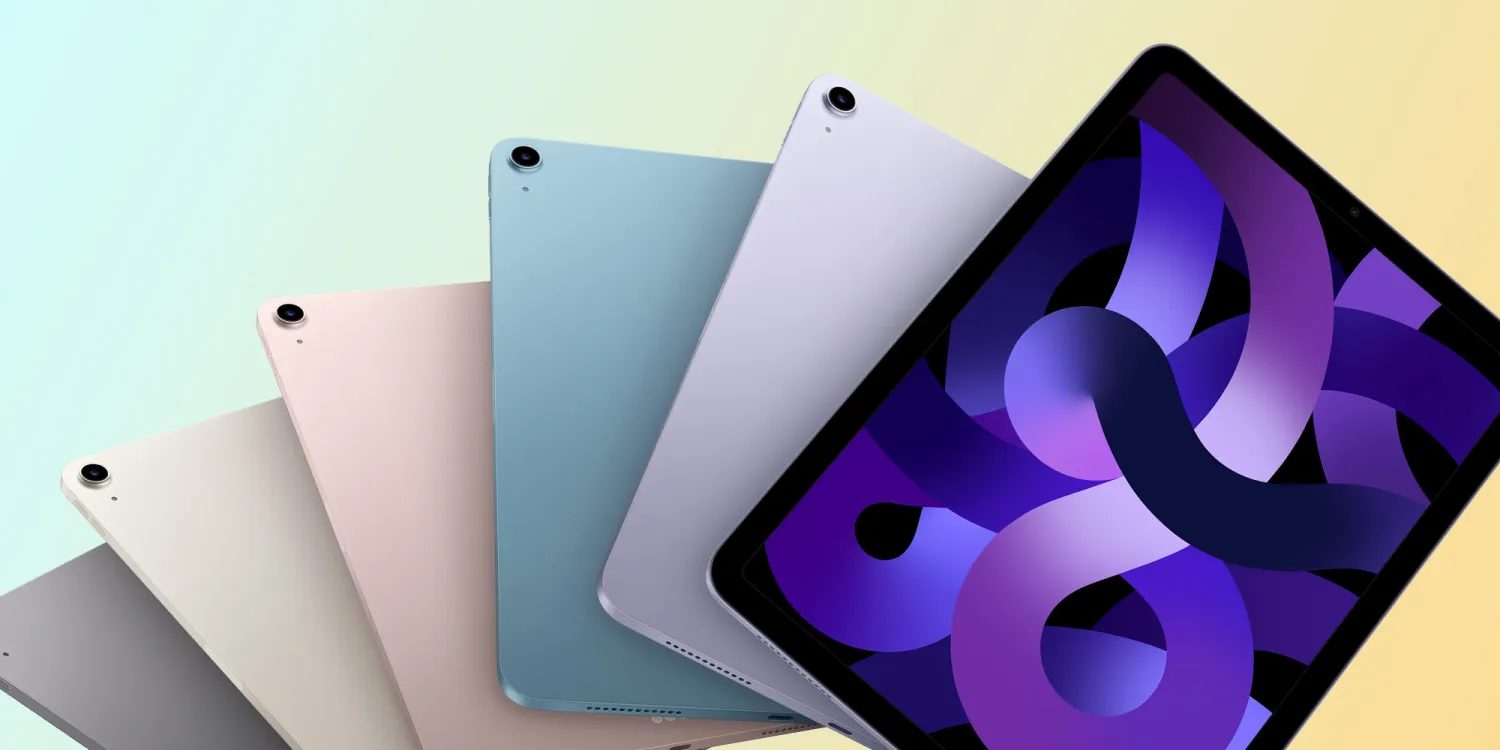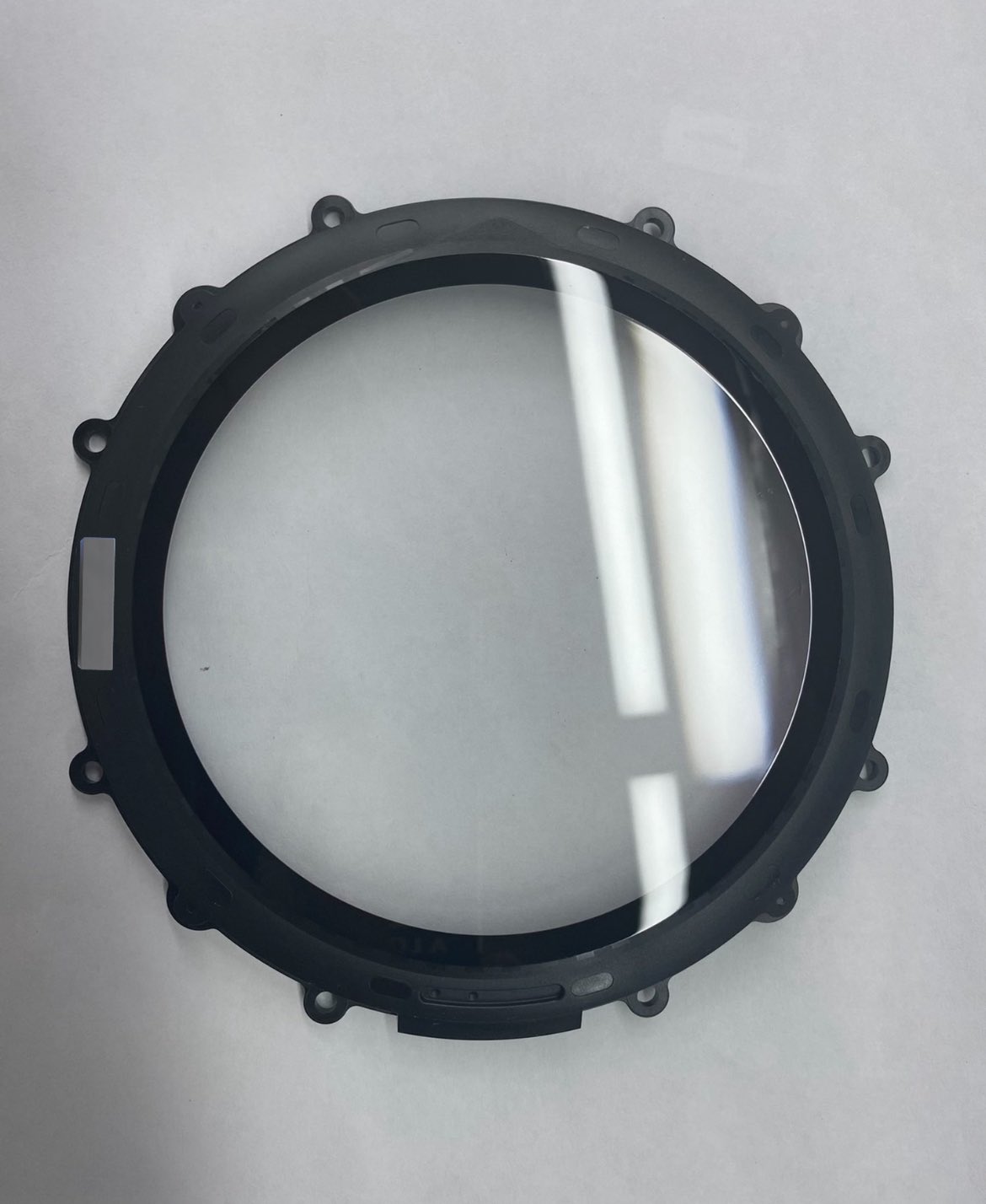
Samsung Warns of Sales and Profit Decline, Cites Weak Chip Demand
Despite recording its highest ever profits in Q3 2018, things are no longer looking as rosy for Samsung.

Following a rare disappointing second quarter of 2018, Samsung returned to record profits in Q3 last year. But the final quarter saw the smartphone maker miss analysts’ expectations and brought its first quarterly decline in profits in two years.
In its earnings guidance for Q4 2018, Samsung Electronics said it expected sales to be down roughly 11 percent year-on-year to about 59 trillion won (about $52.5 billion USD) — analysts were predicting $56.2 billion. Operating profit, meanwhile, dropped 29 percent to about $9.7 billion USD, whereas it was expected to be $11.8 billion.
The reason for the shortfall is weaker-than-expected demand for its memory chips, which led to a decline in shipments. The memory chip business was also hit by a drop in prices, the company said. The drop in demand was partly the result of ongoing tensions between China and the United States, Samsung’s two biggest markets.
“We expect earnings to remain subdued in the first quarter of 2019 due to difficult conditions for the memory business,” Samsung said.
The South Korean company fared little better with its smartphone business, which is a stagnant market that saw profitability decline because of marketing expenses. The company didn’t provide exact numbers, but in the third quarter of 2018, it saw a 13 percent year-over-year decline in its smartphone shipments, according to data from International Data Corp.
Among the companies presumably buying fewer chips is Apple, which also issued a sales warning last week, thanks largely to smartphone demand dropping off a cliff in China. Samsung has blamed its woes on “mounting macro uncertainties” affecting chip sales and “intensifying competition” in the smartphone market.
The latter claim seems somewhat implausible in light of Apple’s recent admission. What seems more likely is that the downward trend in smartphone demand has accelerated, compounded by the fact that neither Apple nor Samsung’s latest flagship models offered much to entice people to upgrade.

